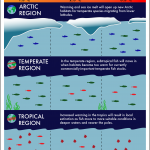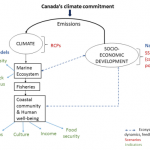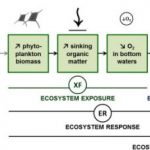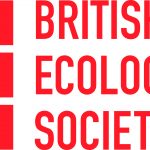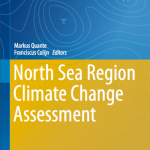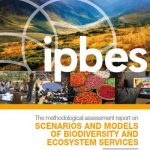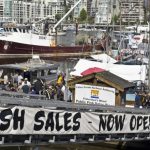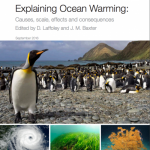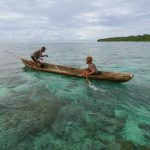(December 22, 2016) Meeting the Paris Agreement global warming target of 1.5°C will have large benefits to fisheries, finds a study published by CORU Leader William Cheung and Postdoctoral fellow Gabriel Reygondeau in Science. For every degree Celsius decrease in global warming, potential fish catches could increase by more than three million tonnes per year. Read More. Read More >
(December 16, 2016) CORU Leader William Cheung recently co-authored a paper published in Regional Environmental Change that reviewed existing methods of scenario analysis (preparing for future response based on multiple potential outcomes) in the marine conservation and fisheries sectors in Canada. Their aim was to determine whether these scenario analyses in the existing literature adequately consider biophysical, socioeconomic and policy-related factors to “provide […] Read More >
(December 7, 2016) CORU Postdoctoral fellow Gabriel Reygondeau recently had the study “Biogeochemical regions of the Mediterranean Sea: an objective multidimensional and multivariate environmental approach” published in Progress in Oceanography. In the paper, a biogeochemical/ecological spatial framework was defined for ecosystems of the Mediterranean Sea. The authors show that the vertical dimension is crucial in such analysis since […] Read More >
(November 4, 2016) “Spatial differentiation of marine eutrophication damage indicators based on species density” was recently published in Ecological Indicators, co-authored by CORU Alumnus Miranda Jones (UNEP-WCMC) and CORU Leader William Cheung. The paper looks at developing an index to assess eutrophication effects on marine ecosystems and introducing an ecosystem response indicator to nitrogen loadings to coastal waters. Read more: Read More >
(October 6, 2016) CORU Leader William Cheung gave a keynote entitled “Applying macroecology to project future marine ecosystems under climate change” at the British Ecological Society’s Aquatic Macroecology Meeting in London on September 30, 2016. Read More. Read More >
(September 30, 2016) CORU Leader William Cheung and CORU Alumnus Miranda Jones contributed to the recently published North Sea Region Climate Change Assessment, co-authoring the chapter “Socio-economic impacts – fisheries” (pages 375-395). Their chapter explores recent and future impacts of rapid temperature changes in the North Sea, identified as a ‘hot spot’ of climate change, with respect to […] Read More >
(September 19, 2016) The Intergovernmental Science-Policy Platform on Biodiversity and Ecosystem Services (IPBES) released their Methodological Assessment of Scenarios and Models of Biodiversity and Ecosystem Services, for which CORU Leader William Cheung was a coordinating lead author, as well as a contributing author for Chapter 5 “Modelling consequences of change in biodiversity for nature’s benefits to people” (p […] Read More >
(September 7, 2016) Global fisheries could lose approximately $10 billion of annual revenues by 2050 if climate change continues at current rates, and countries most dependent on fisheries for food and livelihoods will feel more of the effects, finds new research published in Scientific Reports. Climate change impacts such as rising temperatures and changes in ocean salinity, acidity […] Read More >
(September 6, 2016) Explaining Ocean Warming is a comprehensive report produced by the International Union for Conservation of Nature (IUCN) looking at the impacts of warming on ocean life, ecosystems, and goods and services. The report is the work of 80 scientists from 12 countries, launched during the IUCN World Conservation Congress, September 1-10 in Hawaii. CORU Leader […] Read More >
(August 30, 2016) Closing the high seas to fishing could increase fish catches in coastal waters by 10%, compensating for expected losses due to climate change, finds a new Nippon Foundation-Nereus Program study. Read More >
